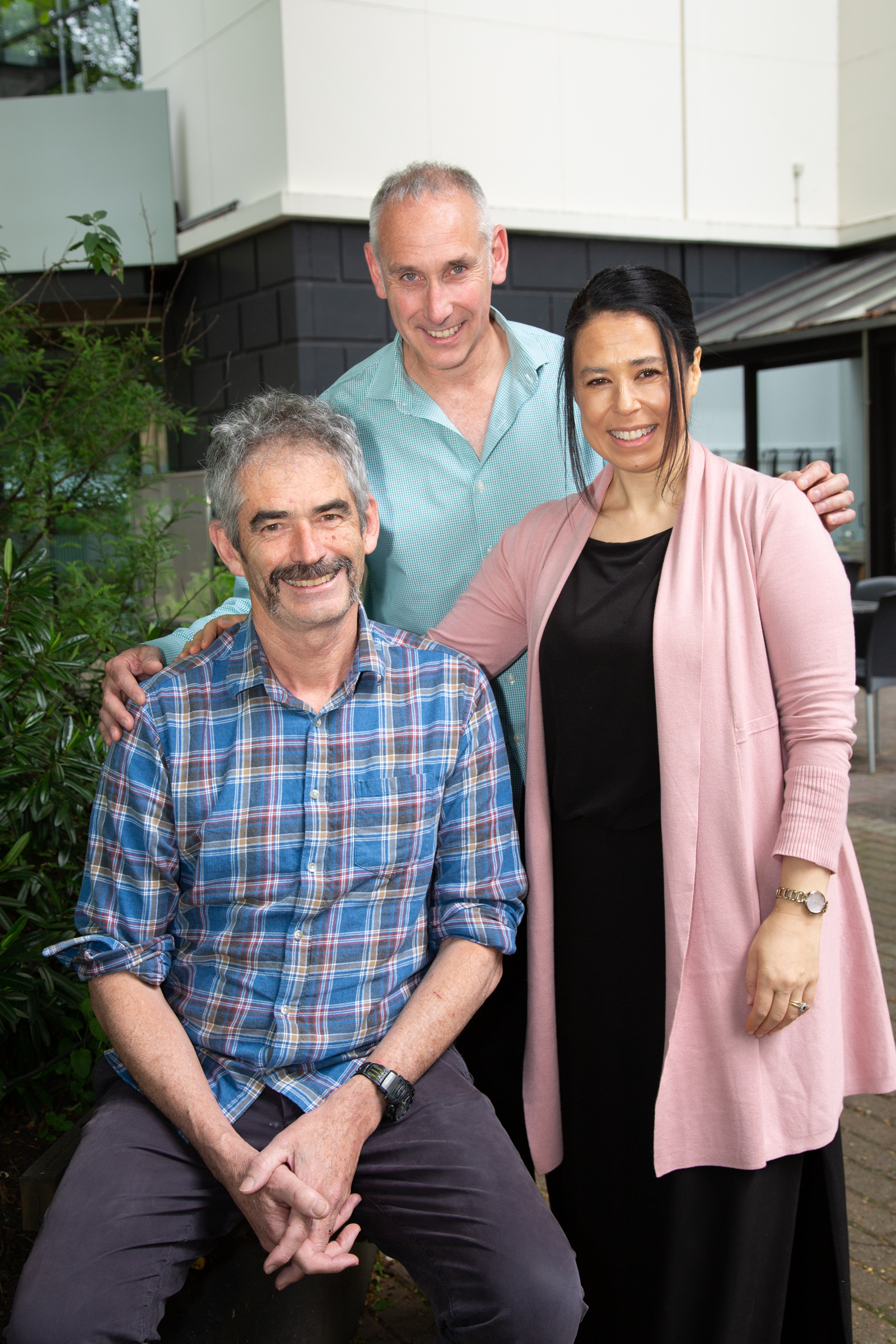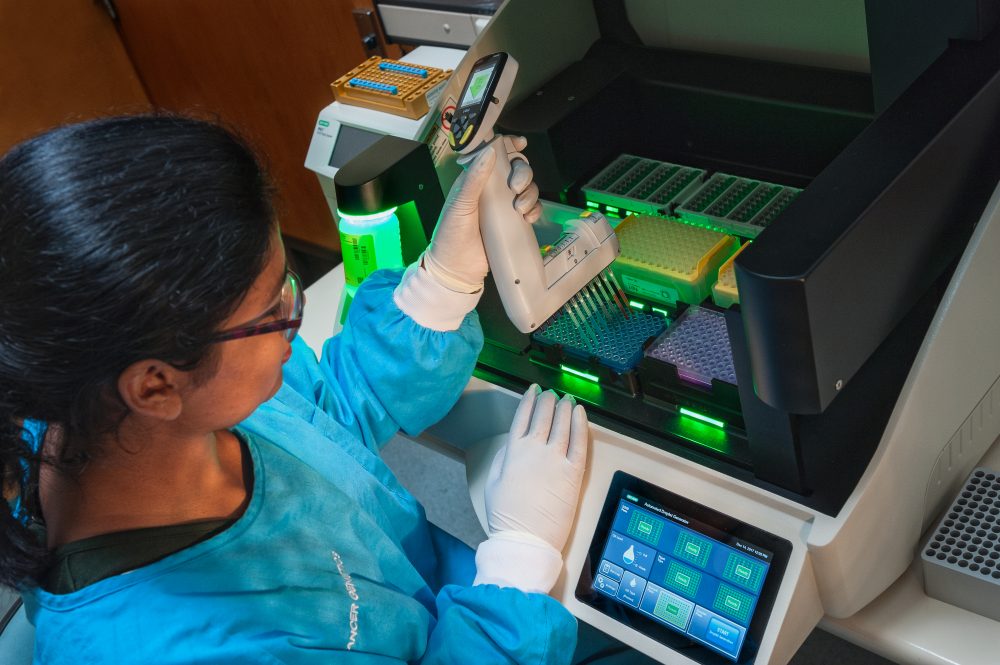New research on circulating tumour DNA for better cancer management in New Zealand
16 December 2019
Healthier Lives has funded new research to broaden, expand and implement technology for monitoring cancer treatment. The new project within the Precision medicine and personalised prevention theme builds on research undertaken in Phase 1 of the Challenge, which achieved exciting results for monitoring melanoma and colorectal cancer using circulating tumour DNA (ctDNA) technology.
This emerging technology, sometimes termed ‘liquid biopsy’, involves simple blood tests to detect tumour DNA that has been released into the bloodstream. It makes it easier and faster for doctors and patients to understand how treatment is working, without the need for invasive and expensive scans. Futile treatment can be identified and different treatments tried at an earlier stage, which could improve long-term outcomes for patients.
Building on Phase 1 success

In the Phase 1 project and associated studies, researchers established that ctDNA could be used for monitoring colorectal cancer and melanoma in New Zealand. They also showed the feasibility of collecting blood samples from remote locations. The new project, led by Professor Parry Guilford (University of Otago) and Professor Cris Print (University of Auckland), will now apply the technology to other cancers, including breast, lung, stomach and paediatric cancers. The team plans to collaborate with accredited diagnostic laboratories to establish the technology as a routine, validated clinical service.
From hospital to marae and remote rural areas
CtDNA analysis can be done relatively inexpensively, and blood tests for ctDNA can be done in different locations such as marae clinics and remote islands, potentially reducing health inequities for Māori and Pacific people. The researchers will engage with a wider range of stakeholders, including Māori primary healthcare providers, to demonstrate how the technology could work in different New Zealand clinical settings, such as marae and more remote rural areas.
A co-operative network
There is a great deal of interest in ctDNA technology worldwide. The Healthier Lives research team plans to establish a co-operative network of New Zealand researchers who are working in this field to co-ordinate efforts and facilitate the entry of new research groups into the field.



